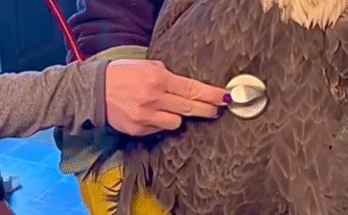
Lala was a small girl with a big heart. She lived in a cozy yellow house at the edge of the village, surrounded by the scent of blooming jasmine and the gentle hum of bees. Her days were filled with books, laughter, and the simple joys of life, but if you asked Lala what her favorite thing in the world was, she’d smile and say, “Simple egg noodles… made with love.”
To anyone else, they were just noodles—soft, yellow strands cooked in a clear broth, topped with a boiled egg, a few green onions, and sometimes, a little sesame oil. But to Lala, they were magic. Not because of the ingredients, but because of the way they made her feel—warm, safe, and full of joy.
It all started with Grandma.
Grandma Mei was the heart of the household. Her hands were always busy—gardening, sewing, cooking—but no matter how tired she was, she always had time for Lala. On cold mornings, Grandma would rise before the sun, the kitchen already filled with the soft clinking of pots and the smell of soup simmering on the stove.
Lala would tiptoe in, rubbing the sleep from her eyes, and Grandma would smile and say, “Come, little noodle. Breakfast is ready.
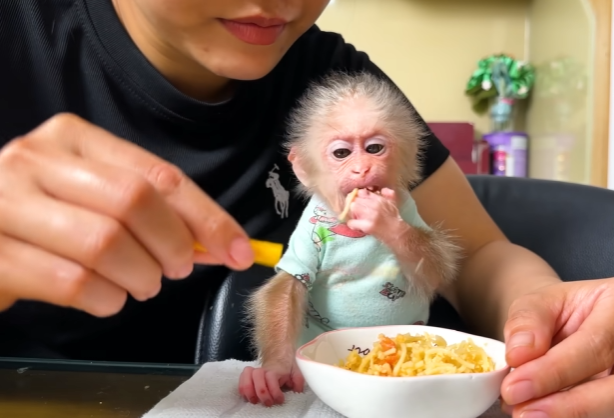
Lala loved that nickname—“little noodle.” She felt like it belonged only to her, like the warm hug of a secret. Grandma’s egg noodles weren’t just food; they were a morning ritual, a hug in a bowl, a symbol of care.
“I don’t make them fancy,” Grandma always said. “Just with heart.”
Each bowl was prepared with a kind of quiet ceremony. The broth simmered slowly with garlic and a touch of ginger. The egg noodles were hand-rolled and cut, soft and springy. And the egg—always boiled just right—had a yolk that melted like sunshine on your tongue.
One rainy morning, Lala asked, “Why do these noodles taste better than any others?”
Grandma chuckled. “Because they’re full of love.”
“But how do you put love in noodles?” Lala asked, eyebrows raised.
“Ah,” Grandma winked. “That’s a secret recipe. You’ll learn when the time is right.”
As Lala grew older, she began to understand. It wasn’t just about cooking. It was about intention—choosing to pour your heart into something so that others could feel it. Whether it was through a bowl of noodles or a gentle touch, love was the most powerful ingredient.
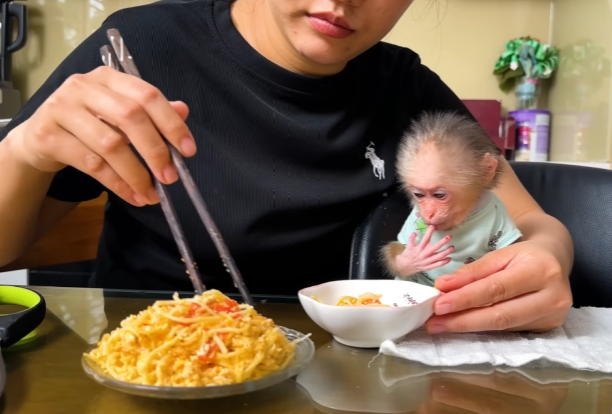
Over the years, Lala watched and learned. She paid attention to how Grandma kneaded the dough, how she listened to the bubbling broth, how she sprinkled scallions with a gentle hand. But more than that, she noticed how Grandma hummed softly while she cooked, how she smiled when she served, how she always waited to see if Lala was pleased.
And Lala always was.
One spring, when the jasmine vines bloomed brighter than ever, Grandma fell ill. It started slowly—less energy, more naps. Then the walks in the garden stopped, and eventually, the kitchen stayed cold in the mornings. Lala, now twelve, stood in front of the empty stove one chilly dawn, her heart aching with worry.
“I miss your noodles,” she whispered as she visited Grandma’s bedside.
Grandma reached out and held her hand. “Then it’s time for you to make them.”
“I don’t know how,” Lala said, tears threatening to fall.

“You do,” Grandma said gently. “You’ve been learning all this time. Just remember—keep it simple, and use love.”
So the next morning, Lala did something she’d never done before—she made breakfast. Her hands shook as she kneaded the dough, her eyes stung from chopping green onions, and the broth wasn’t quite right at first. But she didn’t give up.
She stirred with care, rolled with patience, and boiled with hope. And when it was ready, she carried the steaming bowl to Grandma.
Grandma took one bite and smiled. “Perfect,” she whispered.
From that day on, Lala made the noodles. She made them for Grandma. She made them for herself. And eventually, she made them for her little brother, for neighbors, and even for strangers who wandered by, drawn in by the smell.
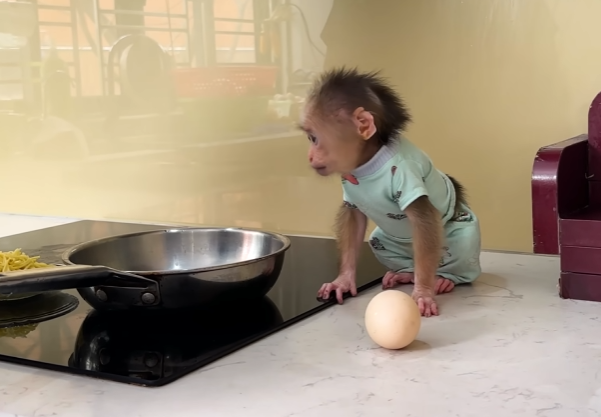
Years passed, and Lala grew into a graceful young woman. The yellow house remained, filled with new laughter and old memories. The kitchen was hers now, and the recipe—though unwritten—lived in her fingers and in her heart.
One day, a curious child named Kiko visited the village and asked, “Why does everyone say your noodles are special?”
Lala smiled, remembering the same question she had asked so long ago. “Because they’re full of love.”
“Can you teach me?” Kiko asked eagerly.
“Of course,” said Lala, her eyes shining. “But first, you have to promise—no rushing, no measuring too strictly, and always cook with your heart.”
And so, the tradition continued. Lala taught Kiko, just as Grandma had taught her. They cooked together on warm mornings and rainy afternoons. And every time they made those simple egg noodles, the air filled not just with the smell of garlic and ginger—but with something invisible yet powerful.
Love
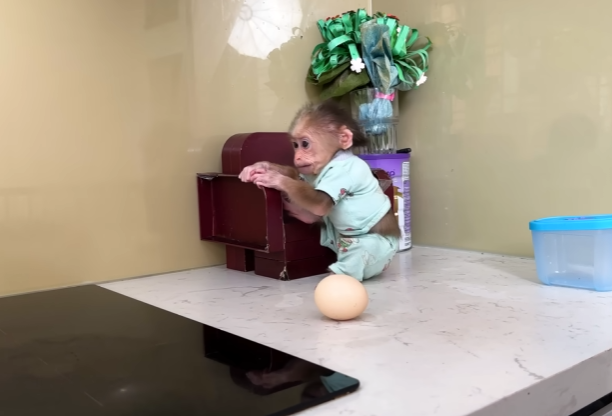
In the end, it was never about the noodles themselves. It was about connection. About how a simple meal could carry memories, heal sorrow, and celebrate joy. How flour and water, when touched by caring hands, became something more.
Lala often sat by the window with a bowl of her famous noodles, watching the jasmine sway in the breeze. She’d close her eyes, take a bite, and feel her Grandma beside her.
And she knew, without a doubt, that the love lived on—in every strand, every spoonful, and every smile that followed.
Because some things don’t need to be fancy to be unforgettable.
Sometimes, a simple bowl of egg noodles, made with love, is all the heart needs.



